Some considered Grigorije Jefimović Raspućin a holy man, and others a fraud. This monk had an almost supernatural power to influence the mind and will of many people, which he used to influence the Russian court and the family of the last Russian tsar.
From the 17th century until the outbreak of the October Revolution in 1917, religious circumstances in Russia were marked by numerous mystical and fanatical sects whose teachings were outside the framework of the Orthodox Church. Sorcerers, saints, fanatics and opportunists sprang up on all sides, spreading their ideas equally among the poor and needy people and among the nobility and landowners who treated the people tyrannically.

listverse.com
Raspucin was born in 1871 in the village of Pokrovski in a poor peasant family. If those who knew him at the time are to be believed, from his earliest childhood he was prone to meditation and introversion. When he was 12, he and his brother accidentally fell into the river. The brother drowned, and he was saved. In a daze, as he recovered, he uttered one name. He accused that person of being responsible for numerous thefts of horses, which later proved to be true.
From then on, the word about his psychic powers began to spread, and that voice followed him until his death. Gregory
He lived a debauched life from an early age, until he felt a "divine call" and joined a religious community. Because of his fiery words, fanatical look and special physical strength, he became known as the "old man", the holy man. Word of him spread widely throughout the empire when this illiterate monk came to St. Petersburg in 1903, where he succeeded in being admitted to the seminary.

He soon fascinated those who heard him speak, so, not without certain intrigues, he managed to come to Bishop Hermogenes and the preacher Heliodorus, whom the monk subjugated to his will, so they introduced him to the city's aristocratic circles. Raspucin reached the peak of his power very quickly. The emperor and empress, who had already heard about his healing powers, and probably also about the political tasks he performed in the name of preserving the absolutist autocracy, invited him to come to the court. The reason was the heir to the throne, Alexei, who is otherwise ill with hemophilia. Due to his worsening condition, he was bedridden. Nicholas II and the Empress ask Raspucin to cure their son, which, with the help of several magical rituals, he succeeds in doing.
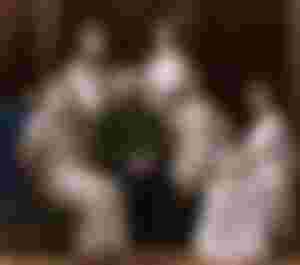
Influencing Nicholas II, he quickly managed to distance a large number of former court advisers and dignitaries from the throne, and thus from the power and benefits they had enjoyed until then. In addition, Rasputin and his noblewomen continue to apply the 'loving way of atonement and purification'. of the wicked monk '. The military leaders also joined the plan, which Raspucin also seriously resented because he interfered in promotions, appointments and much more. Rasputin's opponents began to influence the emperor to remove Rasputin. At the same time, they started spreading numerous rumors about him, all with the aim of compromising him as much as possible. At first, the emperor and empress objected to this, but later agreed to tell Rasputin that it would be good for him to "leave the court for a while", which he refused with the following words: "I will not leave, because it is written that you will when I am no longer with you to lose both the crown and life ". It is claimed that the emperor and empress, frightened by this, and asked Raspucin for forgiveness and returned all the positions of advisers to him, with a request that he continue to stay with them at court'. From that moment on, his power and authority became practically unlimited. And he will stay until his murder.
On December 16, 1916, Prince Felix Yusupov invited Raspucin to dinner. His killers were stunned when he had none of the cakes poisoned with a higher dose of cyanide. Yusupov then poured more poison into his glass, but none of that worked for him either. Raspucin continued to act surprisingly calm, laughing, eating and drinking, as if his body was resistant to the deadly effects of any poison. The prince must have thought the same when he pulled out a gun and fired.
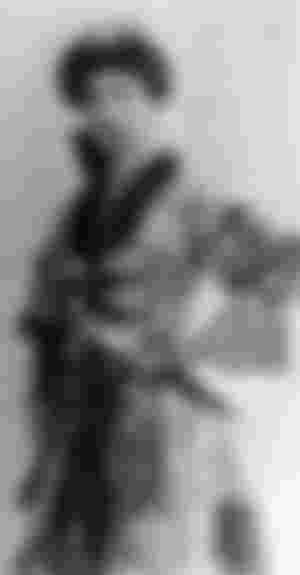
Raspucin fell wounded, which the conspirators, thinking he was dead, took him to the basement. However, Rasputin somehow got up and tried to strangle the prince, with a terrible scream when the conspirators trembled with fear. At that moment, the door opened and Rasputin fled. Ambassador Puriškiewicz ran after him and fired four bullets before knocking him into the snow. But Rasputin was not dead yet, so they started hitting him with sticks until they broke his head. Then they threw him into the Neva. When Raspucin's body was found floating on the river, something unusual was noticed. Death did not come from poisons and bullets, nor from blows to the head, but from strangulation ?!
The lives of some people have enigmatic, incredible and controversial features, which have been remembered as special, unusual personalities.
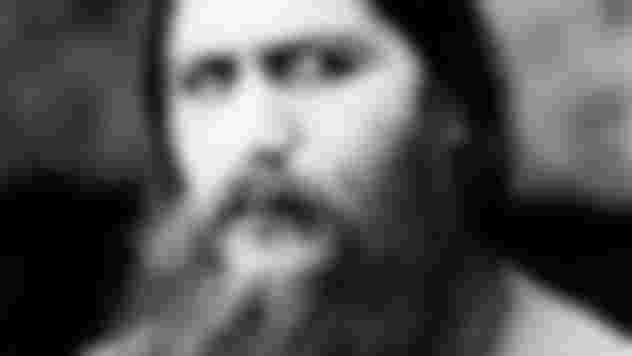
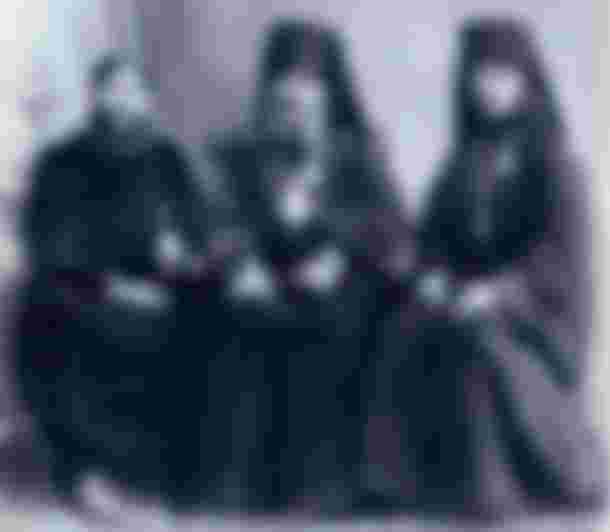
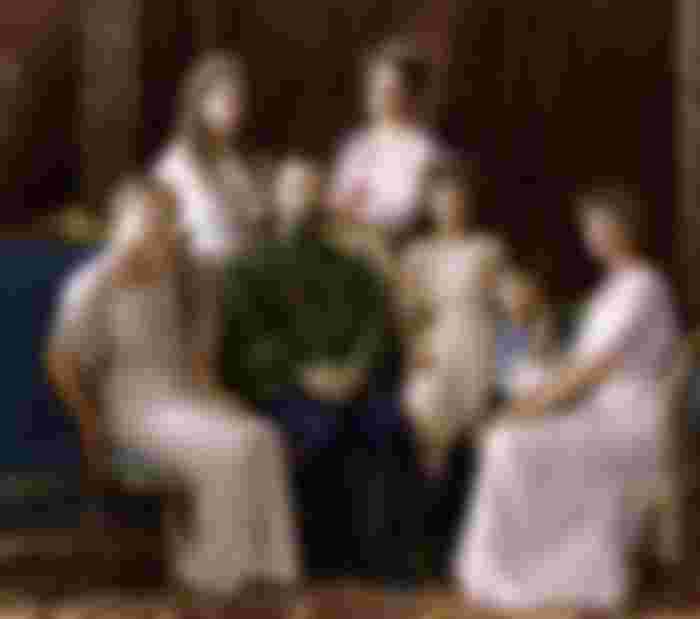
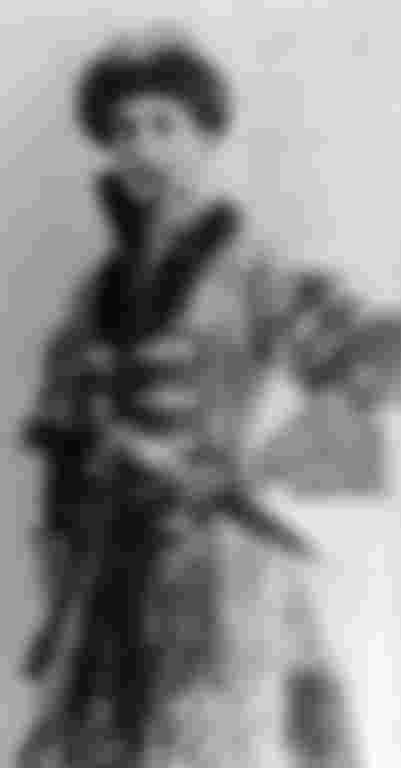
I know about Raspucin, and especially his influence on the Romanovs. Whether he was a saint or an ordinary man, he had some powers. It is difficult to know the real truth now, and the one who lived in their time may not have been allowed to tell the real story. I also watched the movie and I can say that it is great.